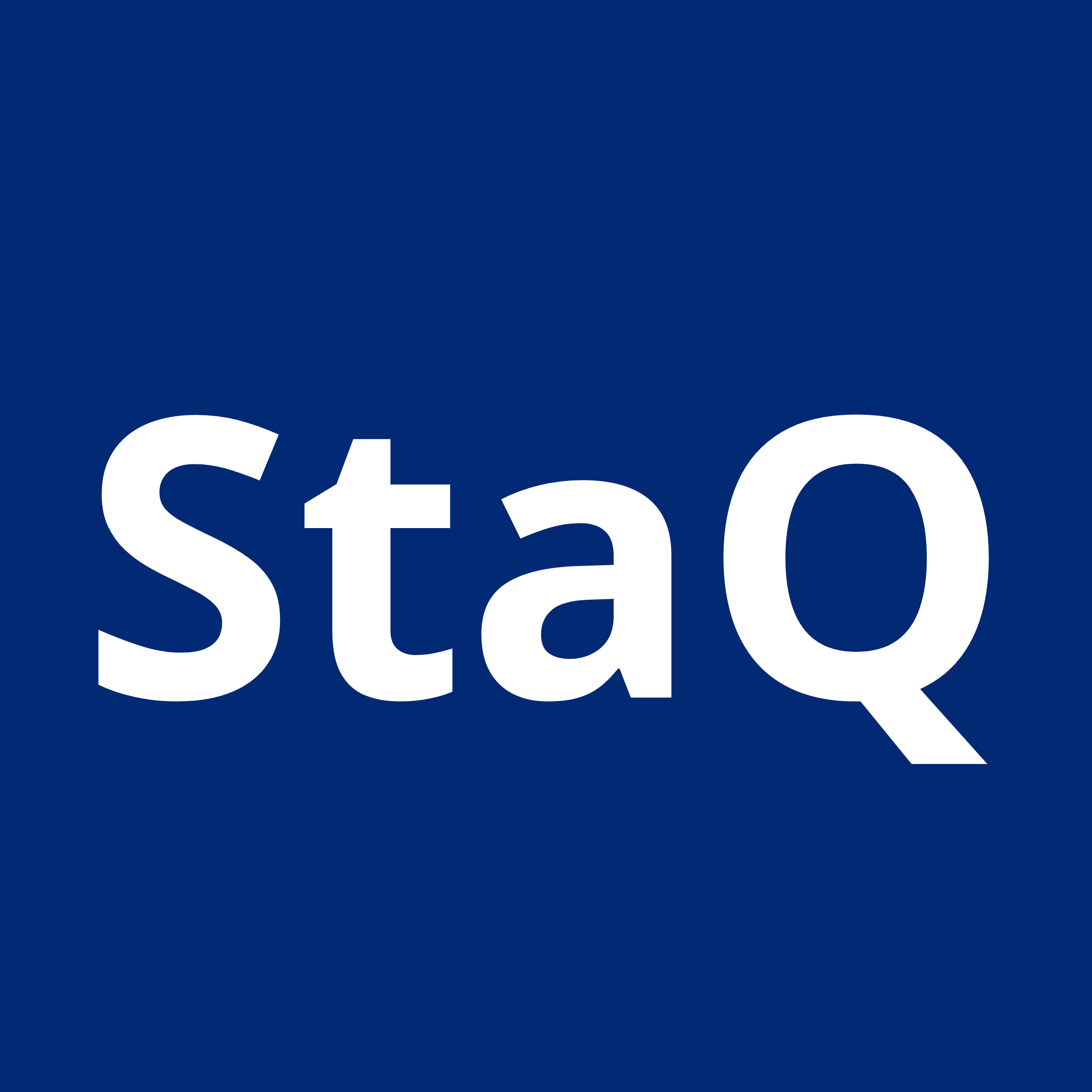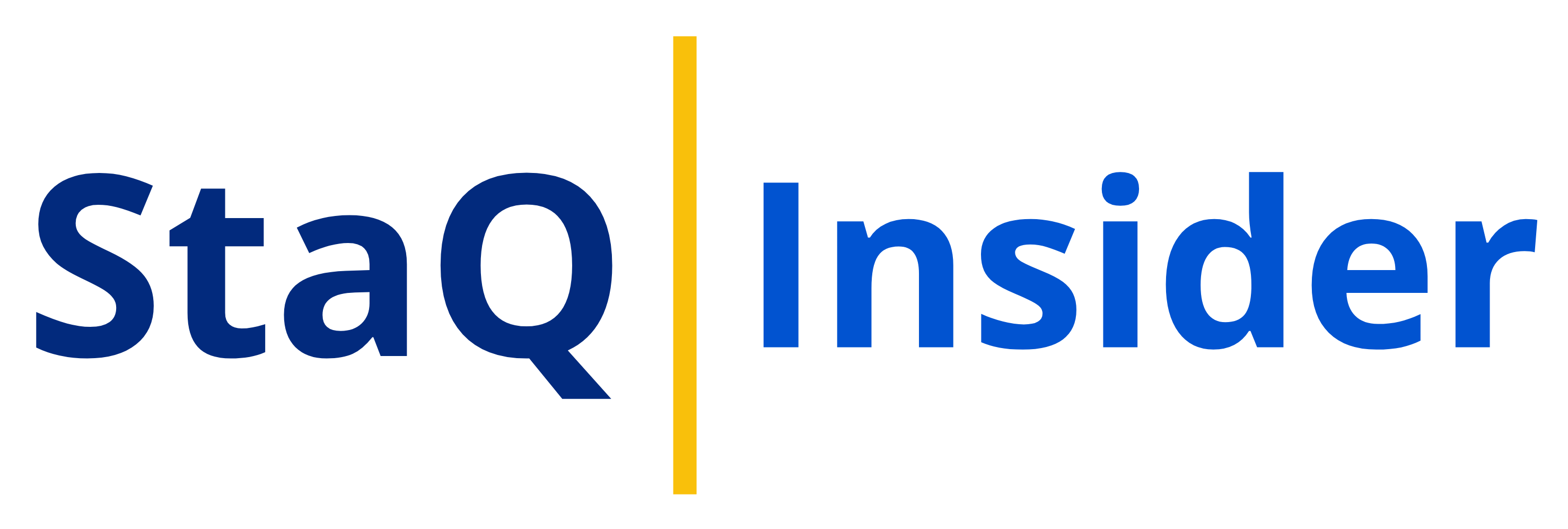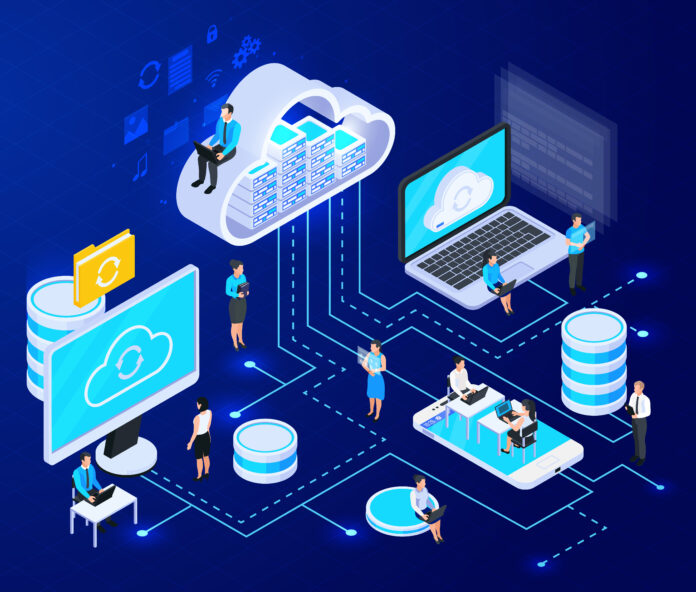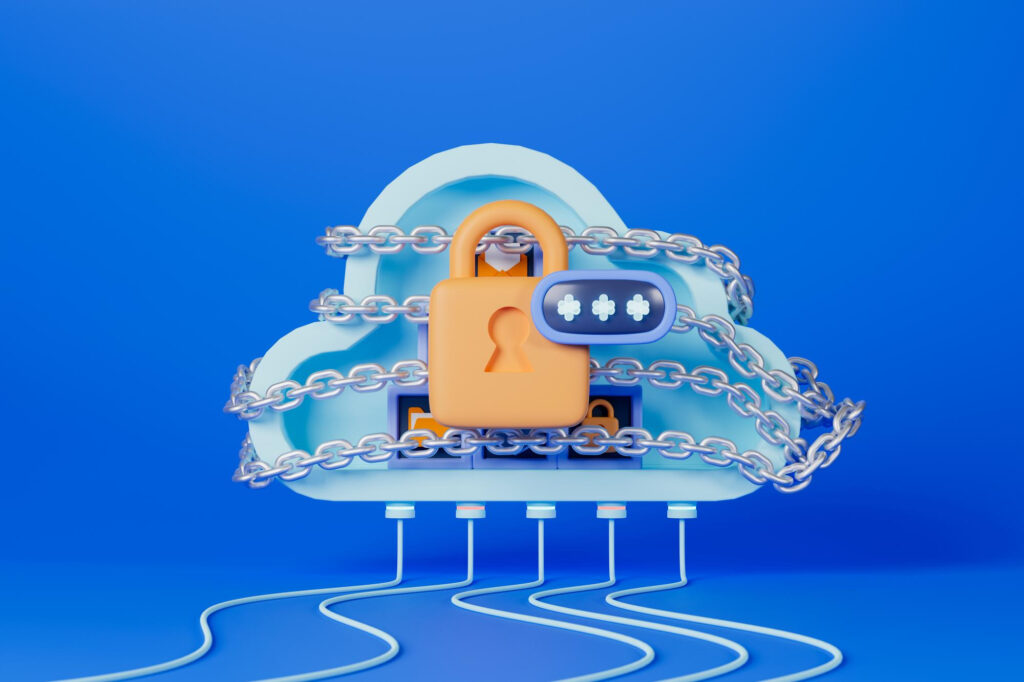Imagine closing deals from your phone, nurturing leads on the go, and having your entire sales team on the same page—all without expensive software or clunky IT headaches. That’s the power of a cloud-based CRM (Customer Relationship Management) system. Stay tuned! We’ll deep dive into the magic of SaaS CRMs and explore the undeniable advantages of moving your customer data to the cloud.
What is SaaS-based CRM?
A SaaS-based CRM, or Software as a Service Customer Relationship Management, is a cloud-based solution that allows businesses to manage their customer interactions, data, and processes via the internet. Unlike traditional on-premises CRM systems, SaaS CRM is hosted and maintained by the software provider, eliminating the need for companies to install and manage the software on their own servers.
With SaaS CRM, the entire application is delivered over the internet, accessible from anywhere with an internet connection. This means that users can access the CRM system from various devices, including desktops, laptops, tablets, and smartphones, enabling real-time collaboration and data sharing across teams and departments.
Read CRM Software: The Backbone That Holds Customer Relationships Together
What are the Key Features of a SaaS CRM?
Here are some of the key features you can expect to find in a SaaS CRM:
- Contact and Lead Management: Store and organize all your customer interactions and potential customer information in one central location.
- Sales Automation: Automate repetitive tasks like sending emails, scheduling follow-ups, and managing sales pipelines to free up your sales team’s time to focus on closing deals.
- Opportunity Tracking: Keep tabs on potential sales deals, track their progress through different stages, and identify opportunities for improvement.
- Reporting and Analytics: Gain valuable insights into your sales performance, customer behavior, and identify trends to make data-driven decisions.
- Mobile Accessibility: Access your CRM data and functionality from anywhere on your smartphone or tablet for ultimate flexibility.
- Integrations: Connect your CRM with other business tools you use, like email marketing platforms, accounting software, and customer service applications, for a more unified workflow.
What are the Benefits of using SaaS CRM vs. Traditional On-Premise CRM?
Here’s why SaaS CRMs are the clear winners in today’s competitive landscape:
- Lower Upfront Costs: SaaS CRM eliminates significant upfront costs for hardware, software licenses, and IT infrastructure, following a subscription-based pricing model.
- Faster Implementation: SaaS solutions can be set up quickly, often within days or weeks, compared to lengthy implementation cycles of on-premise systems.
- Automatic Updates and Maintenance: Providers handle all software updates, patches, and maintenance, ensuring access to the latest features and security updates.
- Scalability and Flexibility: SaaS CRM can easily scale up or down based on changing business needs, without additional hardware or IT resources.
- Accessibility and Mobility: Users can access the system from anywhere with an internet connection, enabling remote access and real-time collaboration.
- Reduced IT Burden: No need to maintain IT infrastructure, servers, or databases, reducing the burden on in-house IT teams.
- Disaster Recovery and Data Security: Providers offer robust security measures, regular backups, and disaster recovery protocols to safeguard customer data.
- Integration Capabilities: SaaS CRM solutions often integrate seamlessly with other cloud-based applications and tools for streamlined workflows.
While SaaS CRMs offer a more user-friendly, cost-effective, and scalable solution for managing customer relationships, it’s important to consider your specific needs. For instance, companies with highly sensitive data or very specific customization requirements might prefer the control offered by an on-premise solution.
The 10 Best SaaS CRM Software Tools to Use in 2024
-
Salesforce
- Salesforce is a leading CRM platform that offers a comprehensive suite of sales, marketing, and customer service tools. It is highly customizable and integrates with a wide range of business applications.
- Pricing: Starts at $25 per user per month for the Essentials plan, with more advanced plans available.
- Features: Contact and lead management, sales automation, marketing automation, customer service, analytics and reporting.
- Pros: Highly customizable, extensive ecosystem of apps and integrations, strong analytics and reporting capabilities.
- Cons: Can be complex and expensive, especially for smaller businesses.
-
HubSpot
- HubSpot is an all-in-one CRM platform that combines sales, marketing, and customer service tools. It is known for its user-friendly interface and powerful automation features.
- Pricing: Free plan available, with paid plans starting at $45 per month.
- Features: Contact and lead management, sales automation, marketing automation, customer service, analytics and reporting.
- Pros: Intuitive interface, strong automation capabilities, free plan available.
- Cons: Can be expensive for larger businesses, some limitations in customization.
-
Zoho CRM
- Zoho CRM is a comprehensive CRM solution that offers a wide range of features, including sales, marketing, and customer service tools. It is known for its affordability and integration with other Zoho products.
- Pricing: Free plan available, with paid plans starting at $14 per user per month.
- Features: Contact and lead management, sales automation, marketing automation, customer service, analytics and reporting.
- Pros: Affordable pricing, strong integration with other Zoho products, customizable.
- Cons: Limited customization options compared to some competitors, can be complex for beginners.
-
Pipedrive
- Pipedrive is a sales-focused CRM tool that helps businesses manage their sales pipelines and improve their sales performance.
- Pricing: Starts at $15 per user per month.
- Features: Contact and lead management, sales pipeline management, sales automation, reporting and analytics.
- Pros: Intuitive interface, strong sales pipeline management features, affordable pricing.
- Cons: Limited marketing and customer service capabilities compared to some competitors.
-
Freshsales
- Freshsales is a CRM solution that offers a range of sales, marketing, and customer service tools. It is known for its user-friendly interface and AI-powered features.
- Pricing: Starts at $15 per user per month.
- Features: Contact and lead management, sales automation, marketing automation, customer service, analytics and reporting.
- Pros: Intuitive interface, AI-powered features, affordable pricing.
- Cons: Limited customization options compared to some competitors.
-
Salesmate
- Salesmate is a CRM platform designed specifically for SaaS companies, offering a range of sales, marketing, and customer service tools.
- Pricing: Starts at $19 per user per month.
- Features: Contact and lead management, sales automation, marketing automation, customer service, analytics and reporting, integrations with over 700 apps.
- Pros: Tailored for SaaS businesses, strong automation and integration capabilities, user-friendly interface.
- Cons: May be less suitable for non-SaaS businesses.
-
Copper
- Copper is a CRM solution that integrates seamlessly with G Suite, making it a popular choice for businesses that use Google’s productivity tools.
- Pricing: Starts at $25 per user per month.
- Features: Contact and lead management, sales automation, email integration, reporting and analytics.
- Pros: Tight integration with G Suite, user-friendly interface, affordable pricing.
- Cons: Limited marketing and customer service capabilities compared to some competitors.
-
Agile CRM
- Agile CRM is a comprehensive CRM platform that offers a range of sales, marketing, and customer service tools, with a focus on automation and integration.
- Pricing: Free plan available, with paid plans starting at $8.99 per user per month.
- Features: Contact and lead management, sales automation, marketing automation, customer service, analytics and reporting, integrations with over 100 apps.
- Pros: Affordable pricing, strong automation and integration capabilities, free plan available.
- Cons: Interface can be less intuitive than some competitors.
-
Zendesk Sell
- Zendesk Sell is a sales-focused CRM tool that is part of the Zendesk customer service platform. It offers a range of sales automation and pipeline management features.
- Pricing: Starts at $19 per user per month.
- Features: Contact and lead management, sales pipeline management, sales automation, reporting and analytics.
- Pros: Tight integration with Zendesk’s customer service tools, strong sales pipeline management features.
- Cons: Limited marketing and customer service capabilities compared to some competitors.
-
Keap (formerly Infusionsoft)
- Keap is an all-in-one CRM and marketing automation platform that is designed to help small businesses grow.
- Pricing: Starts at $79 per month for the Lite plan.
- Features: Contact and lead management, sales automation, marketing automation, e-commerce integration, analytics and reporting.
- Pros: Comprehensive suite of features for small businesses, strong marketing automation capabilities.
- Cons: Can be complex and expensive, especially for very small businesses.
These are just a few of the many great SaaS CRM software tools available on the market. The best CRM for your business will depend on your specific needs and budget. Consider the factors above when making your decision.

How Easy is it to Integrate a SaaS CRM with Existing Marketing & Sales Tools?
Integrating a SaaS CRM with existing marketing and sales tools is generally relatively straightforward, thanks to the widespread adoption of open APIs (Application Programming Interfaces) and integration platforms. However, the ease of integration can vary depending on the specific tools involved and the complexity of the integration requirements.
Most modern SaaS CRM solutions are designed with integration capabilities in mind and offer a range of pre-built connectors or APIs that allow for seamless integration with popular marketing and sales tools. Some examples of common integrations include:
- Email integration: Many CRMs can integrate with email clients like Gmail, Outlook, or Exchange, allowing users to track email communication with customers and prospects directly from within the CRM.
- Marketing automation tools: Integrations with marketing automation platforms like HubSpot, Marketo, or Pardot enable bi-directional data sharing between the CRM and marketing automation systems, facilitating lead nurturing and campaign management.
- E-commerce platforms: For businesses with online stores, CRM integration with e-commerce platforms like Shopify, WooCommerce, or Magento can provide a comprehensive view of customer data, including purchase history and order details.
- Social media: CRMs can connect with social media platforms like LinkedIn, Twitter, or Facebook, enabling social media monitoring, lead generation, and customer engagement directly from the CRM.
- Business intelligence (BI) and analytics tools: CRMs often integrate with BI tools like Power BI, Tableau, or Google Data Studio, allowing for advanced data analysis and reporting on customer data and sales performance.
In addition to pre-built connectors, many SaaS CRM solutions offer open APIs or integration platforms that allow developers to build custom integrations with proprietary or niche tools used by the business. These integration platforms often provide low-code or no-code environments, enabling non-technical users to create and manage integrations without extensive coding knowledge.
What is the Typical Cost of a SaaS CRM? Are there any Hidden Fees?
The typical cost of a SaaS CRM (Software as a Service) system is usually based on a monthly subscription per user. This pricing model allows businesses to pay for the CRM service on a per-user, per-month basis, making it more affordable and scalable compared to traditional on-premise CRM systems..
Some common hidden fees to watch out for include:
- Customization Costs: SaaS CRMs offer simplicity in customization, but extensive customization or integration may incur extra fees.
- Data Storage Fees: Charges may apply for exceeding storage limits or data usage thresholds.
- Training and Support: Extra fees may apply for training, support, and additional user licenses.
- Integration Costs: Integrating with other systems may require additional investments.
- Upgrade Fees: Upgrades to newer versions or advanced features may incur charges.
- Add-Ons: Advanced features like marketing automation or AI may come with extra costs.
It’s crucial for businesses to carefully review the pricing structure and terms of service of a SaaS CRM provider to understand any potential hidden fees and ensure they align with the business’s budget and requirements. For a smooth implementation of a new SaaS addition for your company, visit StaQ.ai, a software marketplace that empowers businesses to find the perfect software fit!
FAQ:
Is a SaaS CRM expensive?
SaaS CRM offers subscription plans with predictable costs, making it affordable for businesses of all sizes. You only pay for what you use, eliminating large upfront investments.
What are the main advantages of using a SaaS CRM?
Key benefits include lower upfront costs, faster implementation, automatic updates, scalability, remote access, reduced IT burden, and easier integration with other cloud apps.
Can a SaaS CRM integrate with my existing business tools?
Most SaaS CRMs offer integration capabilities with other popular cloud-based applications like marketing automation, accounting software, and customer service tools.
Is training required to use a SaaS CRM?
While SaaS CRMs are designed to be user-friendly, some training is recommended to take full advantage of the features and customize the solution for your business needs.
Will I lose access to my CRM data if I switch providers?
Most SaaS CRM vendors allow you to export your data in a standardized format if you decide to switch providers or move to an on-premises solution.
Are there any limitations or downsides to using a SaaS CRM?
Potential downsides include reliance on an internet connection, less customization flexibility compared to on-premises CRMs, and potential security concerns for businesses handling extremely sensitive data.





